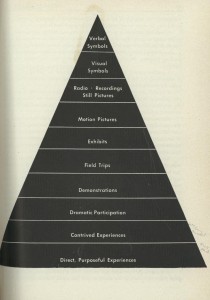
What makes technology educational? Brian Gregory prompts this inquiry in his consideration of how Edgar Dale's ideas about sensory learning fit into the history of educational radio and ed tech.
Read more »

What makes technology educational? Brian Gregory prompts this inquiry in his consideration of how Edgar Dale's ideas about sensory learning fit into the history of educational radio and ed tech.
Read more »
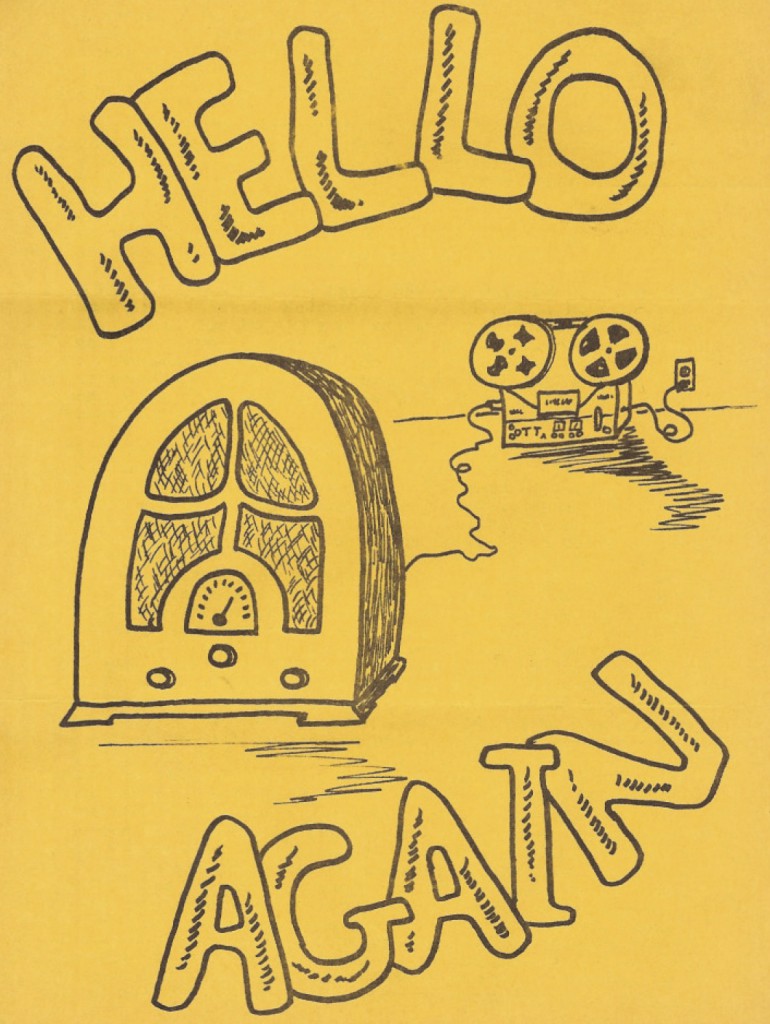
Eleanor Patterson explores the history of hobbyists who collected and traded recordings of classic radio programs in the 1950s, 60s and 70s, considering the cultural significance of a US bootleg radio culture.
Read more »
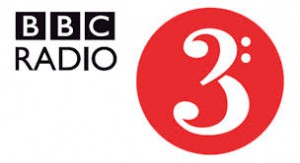
In this first installment of our new "From Nottingham and Beyond" series, curated by the Department of Culture, Film and Media at the University of Nottingham, Roberta Pearson discusses the contemporary moment in British classical radio.
Read more »
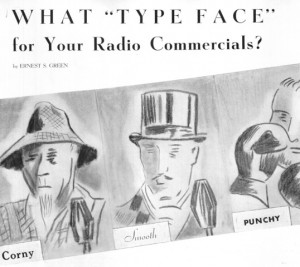
As podcasters experiment with advertising, they face issues of authenticity and sincerity that strikingly resemble those of the “golden age” of radio.
Read more »

Country radio programmers find themselves fighting back against the domination of “bro-country.” This battle, along with the forcing of Paramore's Grammy-winning Rock Song of the Year into the Pop format, further shows why music radio needs more female singers.
Read more »
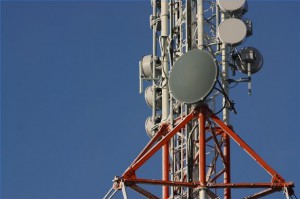
Broadcasters are paying top-dollar for the last useable scraps of the FM spectrum. John Anderson explores the booming market in translator stations and their implications for diversity on the dial.
Read more »
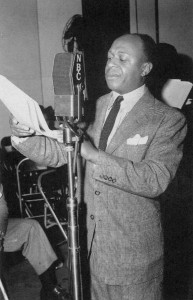
75 years ago, African-American radio actor Eddie Anderson parlayed his “Rochester” role into intermedia stardom in film and popular culture.
Read more »
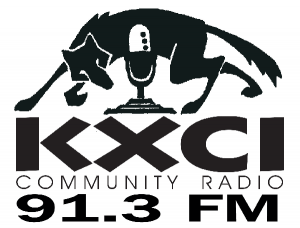
In the aftermath of the gun violence of January 2011, Tucson’s KXCI community radio responded with music and locally-produced pubic affairs podcasts. The University of Arizona's Mary Beth Haralovich explores how KXCI’s “real people, real radio” format helped people to grieve and to heal.
Read more »

Locating and making publically accessible radio broadcasts and their supporting archival documents mitigates the generalized understandings that radio broadcasting’s past was a “mass” media of little variety, low quality and limited engagement.
Read more »

The sudden departure of Jian Ghomeshi from Q illustrates that the CBC's once innovative radio division needs to focus on developing new personalities and formats if it is to adapt to a rapidly evolving mediascape.
Read more »

Despite differences in style and content in AT&T’s branded entertainment, @summerbreak and The Bell Telephone Hour share promotional goals of consumer education and aspirational culture.
Read more »
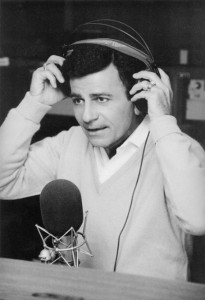
Casey Kasem helped put pop music in a context. In so doing, he provided a resource for listeners to recontextualize that music for themselves.
Read more »

Sirius XM's recent live broadcast of the Governors Ball highlights the persistence of place, of musical “hotspots,” within the satellite radio universe.
Read more »
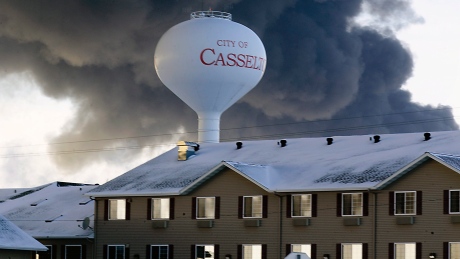
The consolidation of radio ownership in the largely rural state of North Dakota is especially acute. In moments of disaster, do citizens have access to local and timely broadcasts of the Emergency Alert System?
Read more »
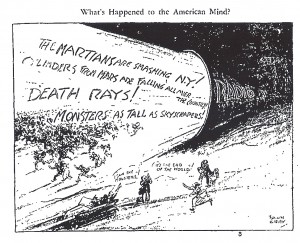
In this final post in our series From Mercury to Mars: Orson Welles on Radio after 75 Years, Jennifer Hyland Wang analyzes how responses to the War of the Worlds broadcast exposed much of the gender and class discourses underpinning the American Broadcasting system.
Read more »